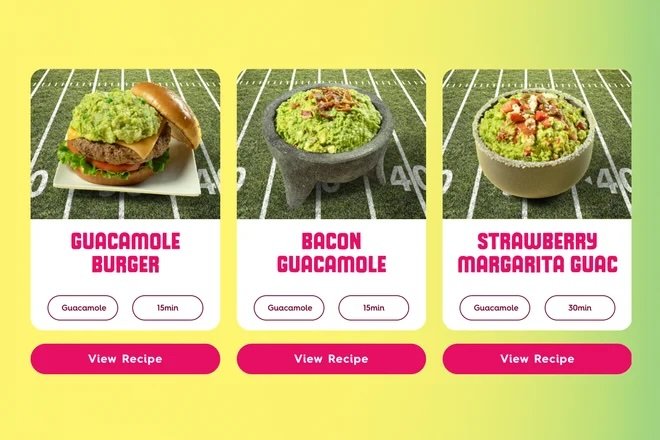Google’s Gemini AI Flubs a Super Bowl Ad—And Exposes AI Marketing Risks
Google’s ambitious plan to showcase its Gemini AI during the Super Bowl hit an embarrassing snag when a locally aired ad for Wisconsin Cheese Mart featured glaring factual errors. The commercial, part of Google’s 50-state campaign highlighting small businesses using AI, falsely claimed that Wisconsin has more cows than people and that Gouda cheese accounts for 50–60% of global cheese consumption. The latter claim was particularly problematic because the fact had been on the cheese shop’s website since 2022—before Gemini even existed—raising questions about the authenticity of the AI’s role in content generation.
The mistake, first spotted by The Verge, forced Google to update the ad, modifying the cow-related claim and removing the incorrect Gouda statistic. While Google has positioned Gemini as a powerful AI assistant for businesses, the error underscores a larger issue: AI’s reliability in marketing. As AI-generated content becomes more prevalent, brands face increased scrutiny over accuracy, transparency, and the real-world effectiveness of these tools. To mitigate risks, Google added a small-font disclaimer in a separate national ad, advising users to "check responses for accuracy."
The Super Bowl spotlighted a broader AI marketing battle, with Meta, GoDaddy, and Salesforce also showcasing AI-driven tools in their ads. While AI assistants promise efficiency and automation, Google’s blunder highlights the growing pains of AI adoption in branding. As competition heats up, companies must balance innovation with rigorous fact-checking—because nothing kills consumer trust faster than an AI confidently serving up misinformation.
Read more at AdAge.





